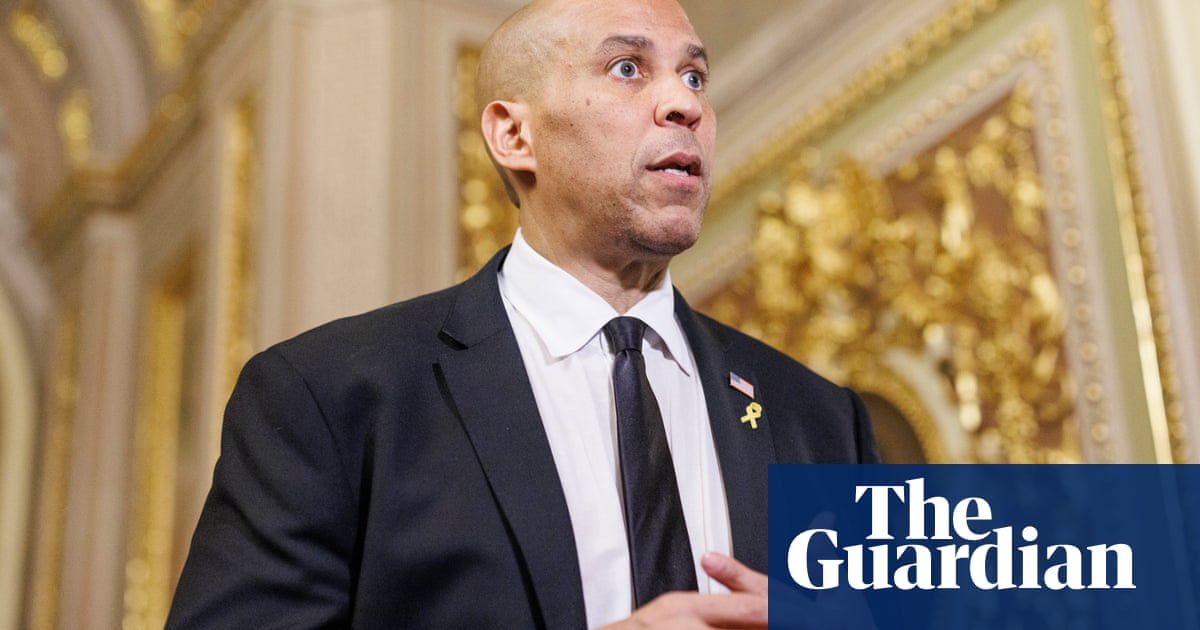This year was not an easy time to be Green. Green parties took a beating in June’s European elections, with their seat count plummeting from 71 to 53. In national elections they haven’t fared much better. The Green party was nearly wiped out in last week’s general election in Ireland, losing all but one of its seats after having been part of a coalition government.
At the same time, climate-sceptic parties framing environmental policies as elitist and unfair have surged across the continent. In Germany, for instance, the far-right AfD owes some of its electoral success to its rallying cry against an emerging “eco-dictatorship”.
However, for Green politics, 2024 wasn’t just a setback – it was a wake-up call, too. The “greenlash” does not mean that the fight against climate breakdown is unwinnable. As European Greens meet in Dublin in the coming days, they will need to reflect on why some people oppose climate action – and think harder about how to construct durable climate coalitions.
To start with the first piece of good news: most Europeans support climate action. In 2023, 93% of EU citizens rated the climate crisis as a serious issue, and 88% supported actions to achieve climate-neutral status by 2050. In the UK, the picture is similar: more than 75% of voters have expressed concern about climate breakdown, with more than 50% calling for government action. Public support for tackling the climate crisis is not in question.
But here’s the hard truth: turning this broad support into action is not simple. Support often polarises when concrete policy action is at stake, because the costs of climate policies fall immediately and unevenly. Decommissioning coal plants or scaling back energy-intensive industries can lead to job losses and devastate communities reliant on these sectors. New renewable sources such as windfarms can be unpleasant for those who live near them. And energy taxes hit consumers’ wallets, particularly those who are struggling. The people affected by these changes have valid reasons to challenge them.
The question for policymakers is clear: how to translate overwhelming public support for climate action into workable policies that address the concerns of workers, communities and businesses about the consequences of such policies.
This is where the second piece of good news comes in: political resistance is not immutable, and we know a lot about how to reduce it. Research from our Progressive Politics Research Network shows that while poorly designed climate policies can trigger protests and polarisation, well-designed ones can avoid backlash.
First, policymakers must compensate people for the costs of the climate transition. A just transition isn’t only about bold climate measures – it’s about recognising the inequalities these measures can create and addressing them head on.
Consider the example of carbon taxes, often a flashpoint for political unrest. In France, the yellow vest protests were a stark reminder that poorly designed carbon tax policies can alienate those who feel unfairly targeted. But when revenues from carbon taxes are progressively redistributed as cash payments, as in British Columbia, public opposition softens significantly. By returning the revenues directly to citizens, the policy offsets economic burdens, especially for lower-income households, and fosters a sense of fairness.
Compensation doesn’t have to be purely financial. Investing in job training programmes, providing subsidies for renewable energy adoption that allow particularly those on lower incomes to benefit, or improving public transportation can create tangible benefits for affected communities. When people see personal benefits to climate action, their willingness to support it increases.
And compensation works: in Spain, for instance, the governing Socialist Workers’ party closed 28 coalmines without losing votes in local communities, because it provided generous social benefits and invested in new local job opportunities.
Compensation alone, however, is insufficient. Political trust is the foundation upon which successful climate policies are built. Research shows that when people trust the government, they are more likely to support climate action, even when it entails short-term costs. But trust is often lacking, and for good reason – governments have a track record of overpromising and underdelivering.
Building trust requires developing processes that people see as providing credible long-term promises. This could mean safeguarding public funds for compensation, aligning climate policies with concrete job opportunities and training programmes, or partnering with trusted organisations such as trade unions or business associations to show a genuine commitment.
Finally, policymakers can recast climate action not as an elite agenda but as a collective endeavour, by partnering with a broad set of actors. The structural changes required by the climate transition can feel deeply unsettling to people. Successful action requires convincing ordinary people that they are part of the solution – not treating them as the problem. Collaborating with unions and workers in fossil-fuel sectors in transition planning ensures that their voices are heard. Partnering with moderate climate activists also helps to shape public perceptions in favour of climate action. In both cases, portraying climate action as a pragmatic necessity, rather than a moral imperative, can build more permanent bridges.
By listening to affected communities, designing policies that address inequities, and partnering with trusted local organisations, policymakers can turn climate ambition into sustained progress. The tools to move forward exist; the challenge is using them wisely.
-
Björn Bremer is an assistant professor of political science at Central European University and a John F Kennedy Memorial fellow at Harvard University. Jane Gingrich is a professor of social policy at the University of Oxford. Hanna Schwander is a professor of political sociology and social policy at the Humboldt University of Berlin. They are all co-conveners of the Progressive Politics Research Network, whose findings are published here

.png) 3 months ago
28
3 months ago
28













































